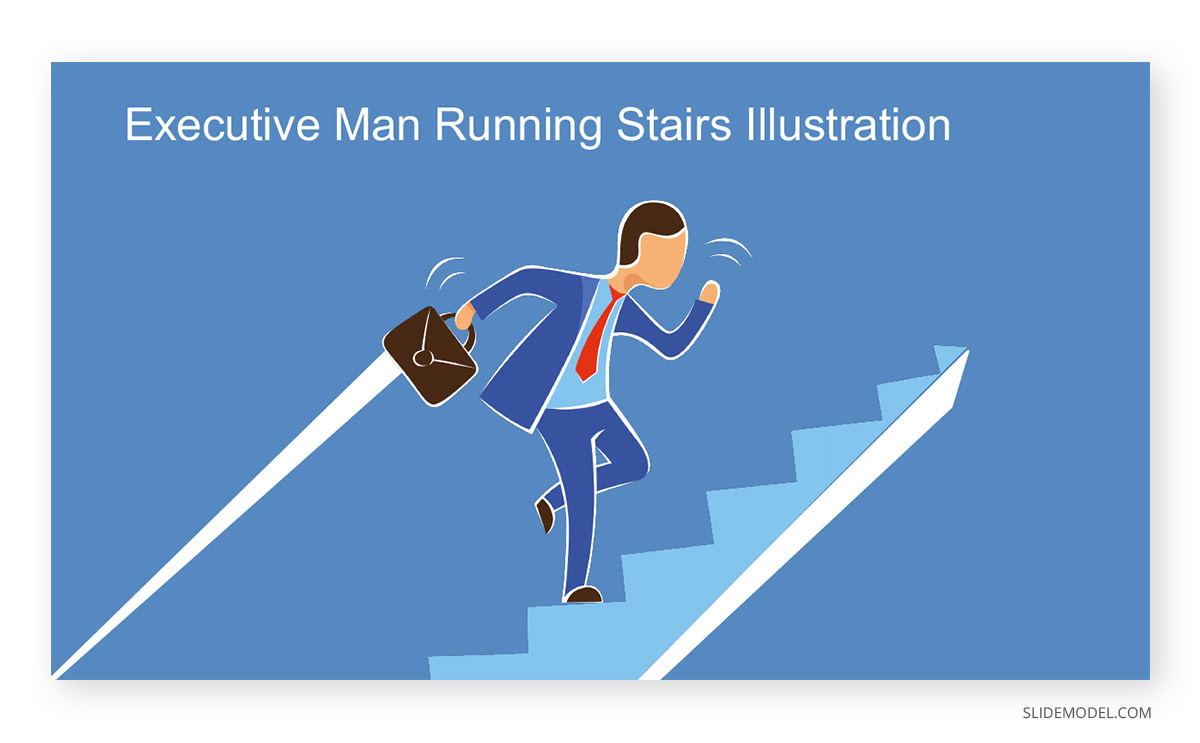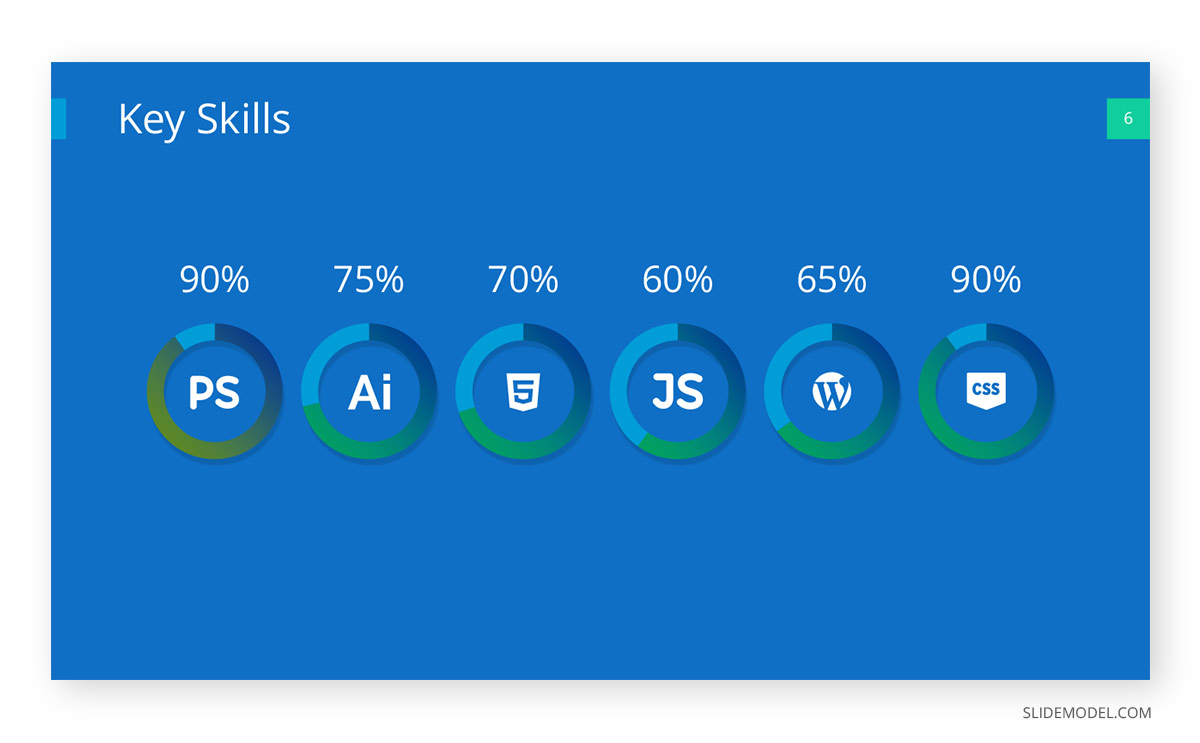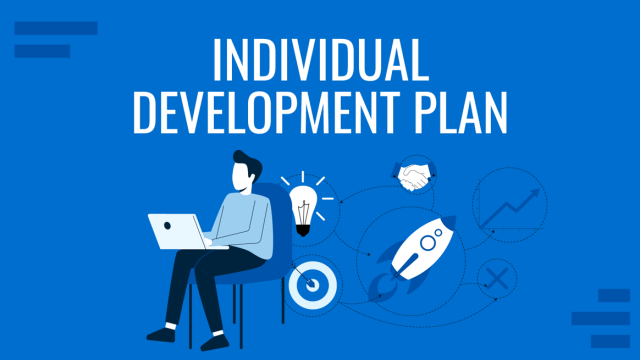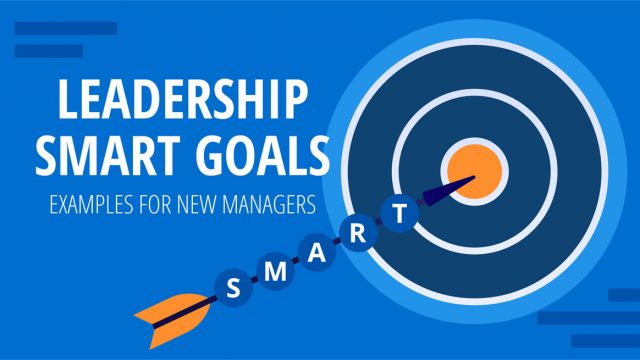
Many people believe that a good job requires being highly qualified, hardworking, with several years of relevant experience under your belt. While those mentioned above can help you in your career, it does not guarantee a highly paid job with good perks. Suppose you wish to understand how to advance your career by eliminating what holds you back; we have a detailed guide to seek clarity.
What Might Hold You Back in the Career Ladder?
Many factors can hold you back on the career ladder, including; nepotism, lobbying, and politics at the workplace. Your hard work might go unnoticed, or your boss might take credit for it, your skillset may be outdated, and you might not be searching through the right job portals.
How to Advance the Career Ladder?
You can advance the career ladder by setting clear career goals, updating your skill set, getting a degree, searching through premium job portals, improving interpersonal skills, and making new connections. All this can help you get noticed, apply for better job opportunities, and get some good job references.

Have Clarity for Future Goals
When looking to advance in the career ladder, the first thing you should do is to have clarity for your future goals. You can write down details if you need to make lists or set and review timelines for this very purpose. For example, if you intend to increase your monthly income, you can try various options, keeping in view some short-term and long-term goals. For example, to improve your monthly payment in the short term, you can opt for getting a second job or freelance work with your regular day job. A part of this extra income can be used for long-term goals to update your skill set, invest in job seeking via premium services, or get a degree to improve your chances for a better position.
Analyze if You Have a Limited or Outdated Skill Set
In some cases, you might even require changing your field of work. This might require extensive training, a new degree, or an apprenticeship. This is often the case with dying professions, for which demand has declined. There was a time when photographic film was common and fueled many related jobs. However, as digital cameras and camera-enabled smartphones became common, the demand for the photographic film ended. People who have skills that might be getting obsolete require updating their career path before it’s too late.
Consider Moving to a Different Area
Another factor that might hold you back is not the decline in demand for a skill set but a saturated market with a large pool of people with the same skill set, which might drive down salaries for such a job. Some countries offer less for certain professions as compared to others. The IT industry in South Asia provides low-paid jobs, whereas the same skill set can earn twice as much in Middle Eastern countries. Similarly, you might even get a better-paid job within the same country if you move to an area where the specific skill set is more demanded. For example, many people can get better salary packages in big cities than in rural areas and towns. Hence, to advance in the career ladder, you can also consider moving to an area where you might have better job prospects, be it within or outside your native country.
Work on Interpersonal Communication
Improving your interpersonal communication skills can help you get your work noticed, show senior officials that you are ready for more responsibility, and improve your chances of career advancement. Taking an active part in team-building exercises, company retreats, being more vocal at brainstorming sessions and company meetings can help you do just that.
An excellent way to do this is to be helpful with people in your team, be a good listener and pay attention to people’s needs. Then you can also articulate ways of sharing ideas, and if even if you’re not very good at improvising, you can build a PowerPoint presentation to help you with whatever ideas you want to share.
Make New Connections
Something that can help you get noticed and improve your career prospects is your connections. While you might be good at your job, have the right experience, and work hard but many times, someone who has good contacts can get access to better jobs. Your competence should be enough to get you an excellent job in an ideal world, but life isn’t fair, and personal contacts matter more often than we would like to admit. Many times, a position might simply be filled because someone in a senior position knows someone personally.
Now, imagine if you were to interview two individuals, both equally suitable for the job. You know one of them personally and have a good impression of his/her work, whereas you don’t know what to expect from the other in terms of conduct and competence; which one would you hire? Although it might be a conflict of interest, you might opt for the former. While this might be unfair to the second candidate, this type of decision-making is more common than many people expect. In other words, make new connections, and don’t be afraid to get your capabilities to get noticed. You can create new relationships at various events, online forums for professionals, and informal networks of individuals from a specific industry.
Take Initiative
Sometimes, an employee can work for a decade or more in an organization and still not climb the career ladder because of one simple reason; lack of initiative. Many people avoid taking the industry out for fear of a backlash in case they fail. At the same time, others end up introducing new practices, technology, and processes. Such individuals often climb the ladder at the workplace and gain a prominent place in their respective industries. Don’t be afraid to suggest new ideas or to take responsibility to impress your boss; it might just help you climb the career ladder.
Stay Clear of Office Politics
You might have come across people who are as old as the organization but are stuck in their careers. Such individuals are prone to indulge in office politics; they conspire against hardworking employees and stay content with being at the bottom of the career ladder. Even if such an individual gets a quick promotion because of his/her conniving attitude, it is a short-term gain. So, don’t be that person; stay clear of office politics and focus on your job. Even if you get victimized due to your passive attitude, you would still gain a good reputation in the industry and eventually advance your career ladder based on your hard work.
Work on Improving Cognitive Skills
One of the things that can help you advance the career ladder is improving your cognitive skills. You can improve your attention span and memory and organize yourself to better deal with workplace-related tasks. An organized desk, digital files managed in proper folders, emails grouped or appropriately labeled for quick retrieval, meditation, and many other small lifestyle changes can help you better cope with workplace-related duties and help alleviate stress. You can take up a hobby that can help improve your mood and physical health and contribute to a healthy mind. You can start taking group classes for yoga, martial arts or indulge in an outdoor or indoor game with friends.
Use Job Portals to Explore Better Opportunities
Some job portals take a subscription fee for highlighting your profile before potential employers. You can opt for such platforms to improve your chances of finding a better job. For this purpose, make sure your CV or profile is easy to scan and not too cluttered. List down your experience, skills, and education so that a person can quickly check your CV or profile in just a few seconds. Use headings, subheadings, and block letters to highlight significant bits. You can also seek professional help to make your profile employer-friendly. Remember, people in the HR department might receive hundreds or even thousands of CVs for a job. If a job portal can highlight your CV in the top 10 for jobs you apply for; it’s not a bad deal. This might push your profile above the competition and enable you to score a better job.
You might also require a good presentation template for your job interview where you need to showcase a short-term or long-term plan or details about what you might bring to the table if you’re hired.

Final Words
What holds back most people in their careers are often subtle deficiencies. Many people can get scared of additional commitments, which might strain their already fragile work-life balance. However, some short-term changes can lead to long-term achievements and might even save you from becoming jobless due to an obsolete skill set or the closure of a firm you might be stuck in for several years. If you’re worried about burning out, making that too as a part of your career goals, i.e., getting a job where you can get paid more under less stressful circumstances.




